Australians have missed the point of the AFP raids
Police raids on how secret documents came to be in the hands of journalists aren’t to crack down on freedom of speech, but to crack down on people who know the rules and have broken them, writes Peta Credlin.
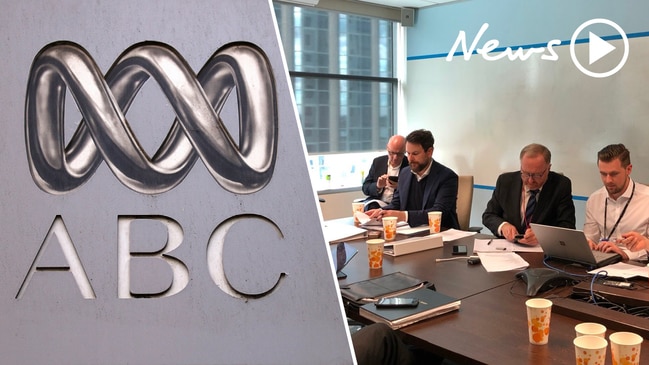
For much of last week, a debate raged about freedom of the press following two raids by the Australian Federal Police on journalists: the first, on the home of a Canberra-based journalist who writes for this newspaper; the second on the ABC.
As you’d expect with the media talking about the media, it was all about them; their freedom, freedom of the press. But let me give you another perspective, that’s integrity-in-government.
The relevant question is not whether the media should be prevented from publishing leaked information.
MORE OPINION FROM RENDEZVIEW: Annika Smethurst raid was more than an invasion of privacy
Thanks to legislation passed last year, the media have a right to publish if they genuinely think that there’s a national interest argument for doing so. The real question is whether officials sworn to secrecy should have a right to leak information to journalists whenever it suits them.
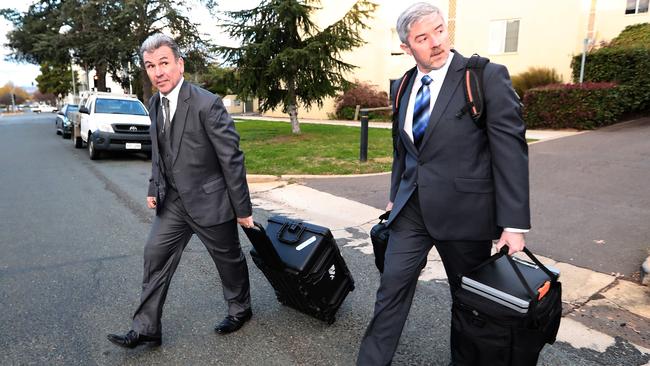
Unlike most in the media, I’ve actually had a national security clearance, as a chief of staff to a prime minister, the highest classification you can hold.
MORE OPINION FROM RENDEZVIEW: Federal Police raids on Australian media an ‘assault on press freedom’
These clearances are not easy to get. Your life is trawled through: your financial records, acquaintances, every address you’ve ever lived, every country you’ve ever visited. Then there’s five security interviews to ensure you’re the sort of person Australia can trust to receive sensitive information. And it should be like this. After all, there are people, working for us and our allies, who do the dangerous work to get us the information in these documents and briefings that we need to keep Australians safe. That’s why we can’t turn a blind eye to Commonwealth employees leaking security information that they are required to keep secret.
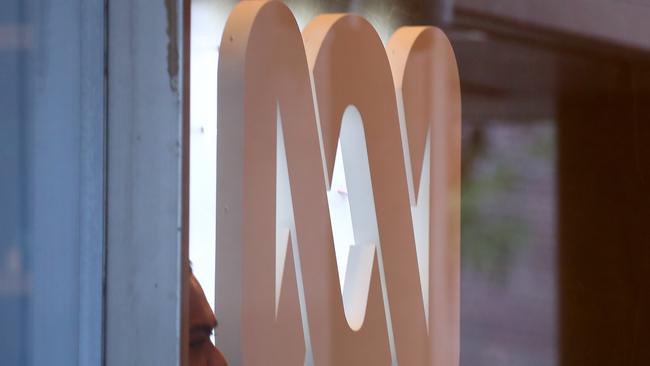
Good government would be impossible if public servants were perfectly at liberty to leak anything that a journalist might be interested in, or that they personally didn’t like (let’s remember, not all officials share the politics of the governments they serve). When a journalist gets secret government documents, it’s right that the leak be investigated. And police raids might be necessary: not to crack down on the media; but to crack down on people with the relevant security classification who know the rules but have broken them.
MORE OPINION FROM RENDEZVIEW: Raids on media have no place in our democracy
There is a place for the genuine whistleblower, like the nurse who exposed Queensland’s Dr Death. And we already have in place laws that protect people making things public that should never stay hidden. But that’s not what this is about.
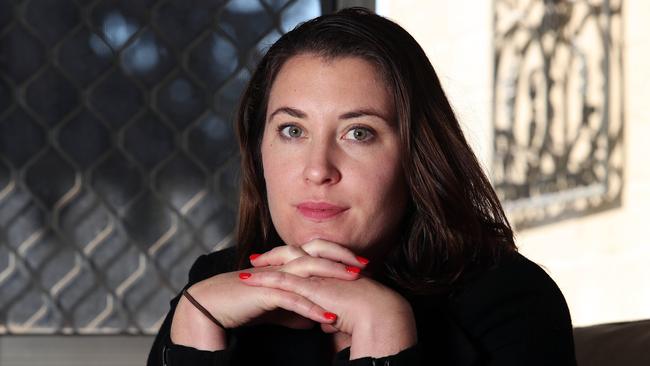
Annika Smethurst’s story published in this paper 14 months ago detailed a proposal from officials to change access to the private communications (emails, text messages, etc.) of Australians. At present, they can only be accessed with a warrant from a magistrate or other judicial officer, and only if a person is suspected of a crime. The public service proposal was to reduce the threshold for the warrant from a magistrate to a government minister. And it never went anywhere as the relevant ministers rejected it, and the idea went into the bin. That is, until someone leaked it to Smethurst.
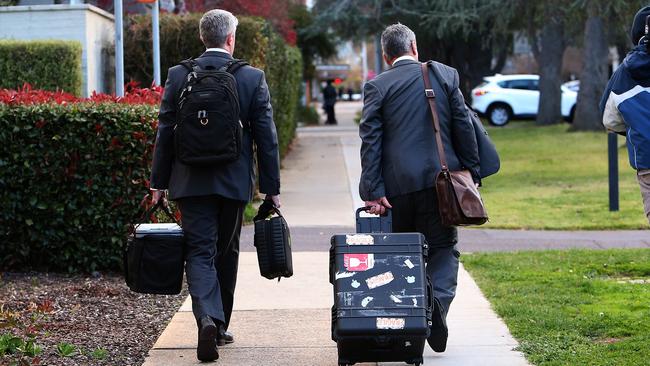
The media has a legitimate role to “speak truth to power” and to expose misdeeds that perpetrators in high places would prefer to stay hidden. I respect that role.
MORE OPINION FROM RENDEZVIEW: Australian Federal Police raids on journalists attack all our freedoms
But ministers and officials have got to be able to work up ideas and debate them internally without fear that these confidential discussions will be leaked. If government then agrees to take them up, by all means, they should be subject to scrutiny but not before. Otherwise we’ll never look at new ways to combat the threat of terrorism, to break online paedophile rings, or to bust drug cartels, for instance, for fear of leaks.
This is not about the journalists. It’s about people who breach security classifications facing the consequences.
Peta Credlin is a columnist and Sky News presenter.



